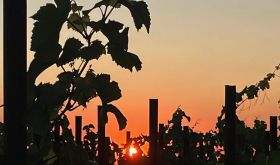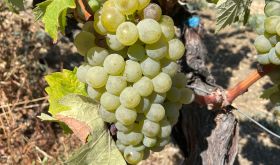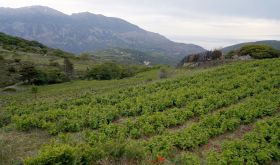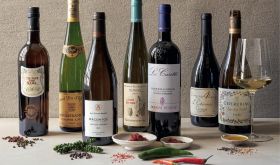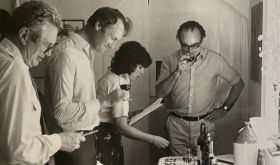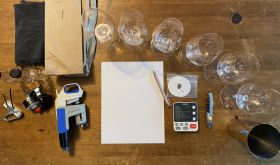1950 Office Boy Geo Peters and Co, Wine Merchants, Portsmouth
1952 Damascene moment. (Oppenheimer Krotenbrunnen Ries. Aus.1949 Guntrum)
1953 Vintners Scholar.
1957 Master of Wine
1960 General Manager, Geo Peters.
Taken over by Friary Meux, brewers, Guildford.
Buyer, Tylers. Retail shops subsidiary of Friary Meux.
1964 Taken over by Ind Coope, brewers, Burton on Trent.
Buyer, Grants of St James.
1968 first Quality Control Manager in UK wine trade, Grants of St James.
1970 Buying Manager, GSJ. Palate insured for £500k.
1971 Taken over by Allied Breweries.
1973 Buying Director, Grants of St James.
1974 Commandeur de l’Ordre du Mérite Agricole. (Services to French agriculture.)
1979 Chairman, Institute of Masters of Wine.
1984 Wine Development Director, European Cellars, wine subsidiary of Allied Breweries. Buying Budget £150m.
1985 Retired for 1st time.
1986 Became Wine Consultant. (British Airways, Mandarin Oriental, Delor etc.)
1989 Day return to New Zealand.
1991 Day return to New York by Concorde.
2002 Retired for 2nd time.
This is his (unedited) entry in our seminal wine competition.
The Damascene moment
Just after the end of the second world war I started right at the bottom of the Wine trade as office boy in a small firm on the south coast. Learnt exactly how much ink to put into the Chief Clerk’s inkwell as he sat at his high desk filling out an enormous double-entry ledger in beautiful copperplate. “If I make a blot in the ledger because you have over-filled the inkwell, you’re fired.” And he meant it.
Later, I was promoted to washing glasses in the sample room. This time, the boss: “If I ever find a glass not properly washed and polished, you’re fired.” He meant it, too. So I learned the importance of serious attention to detail.
Working in the sample room, watching and listening to expert tasting commentary, I began to understand the fascination and complexity of wine. Smelling and tasting the samples afterwards, remembering what had been said about them, to my surprise I found that I could see the small differences that the tasters discussed, even if I couldn’t tell what they meant in terms of quality or value.
One day they were tasting German wines, and a Guntrum Oppenheimer Krotenbrunnen Riesling Auslese 1949 simply took my breath away. I was entranced by the nose, a fantastic mixture of honey and flowers, and by the rich intensity of complex flavours on the taste. I suddenly realised just how much I wanted to know more about wine.
“That, boy, is perfect balance. It’s what fine wine is all about.” I was 22 and never looked back.




